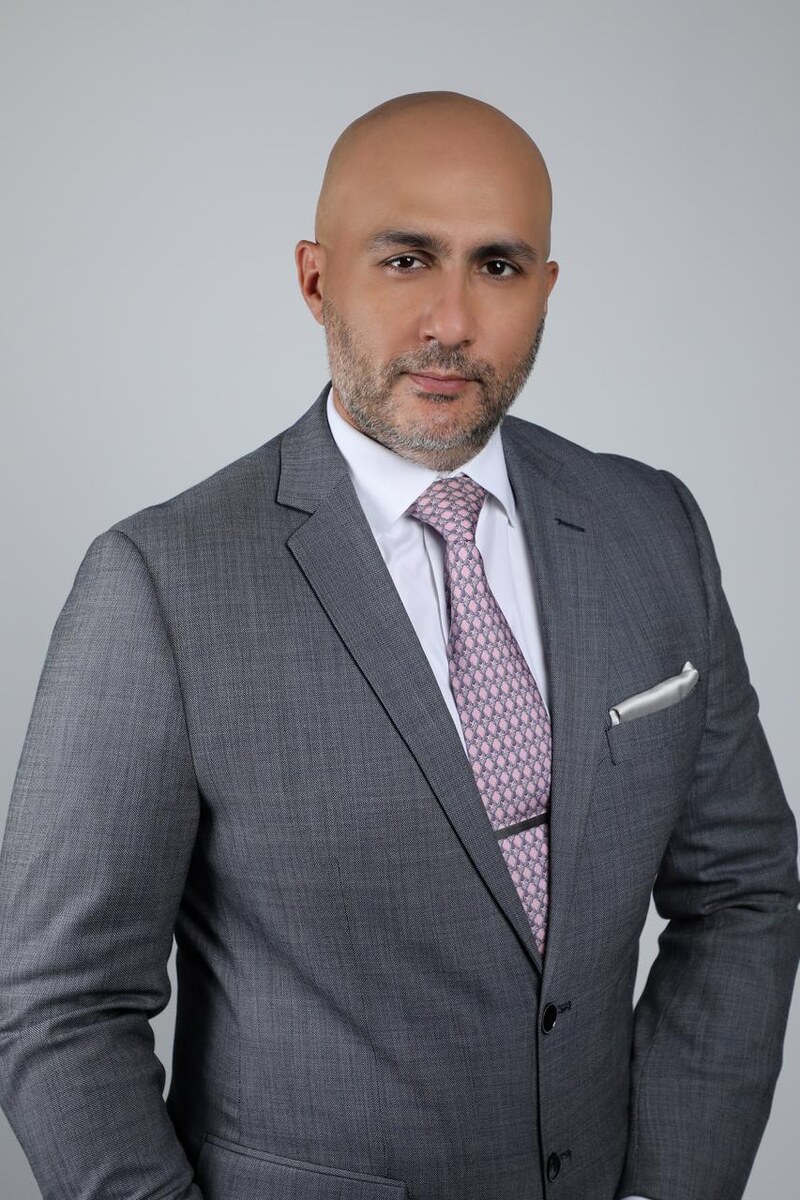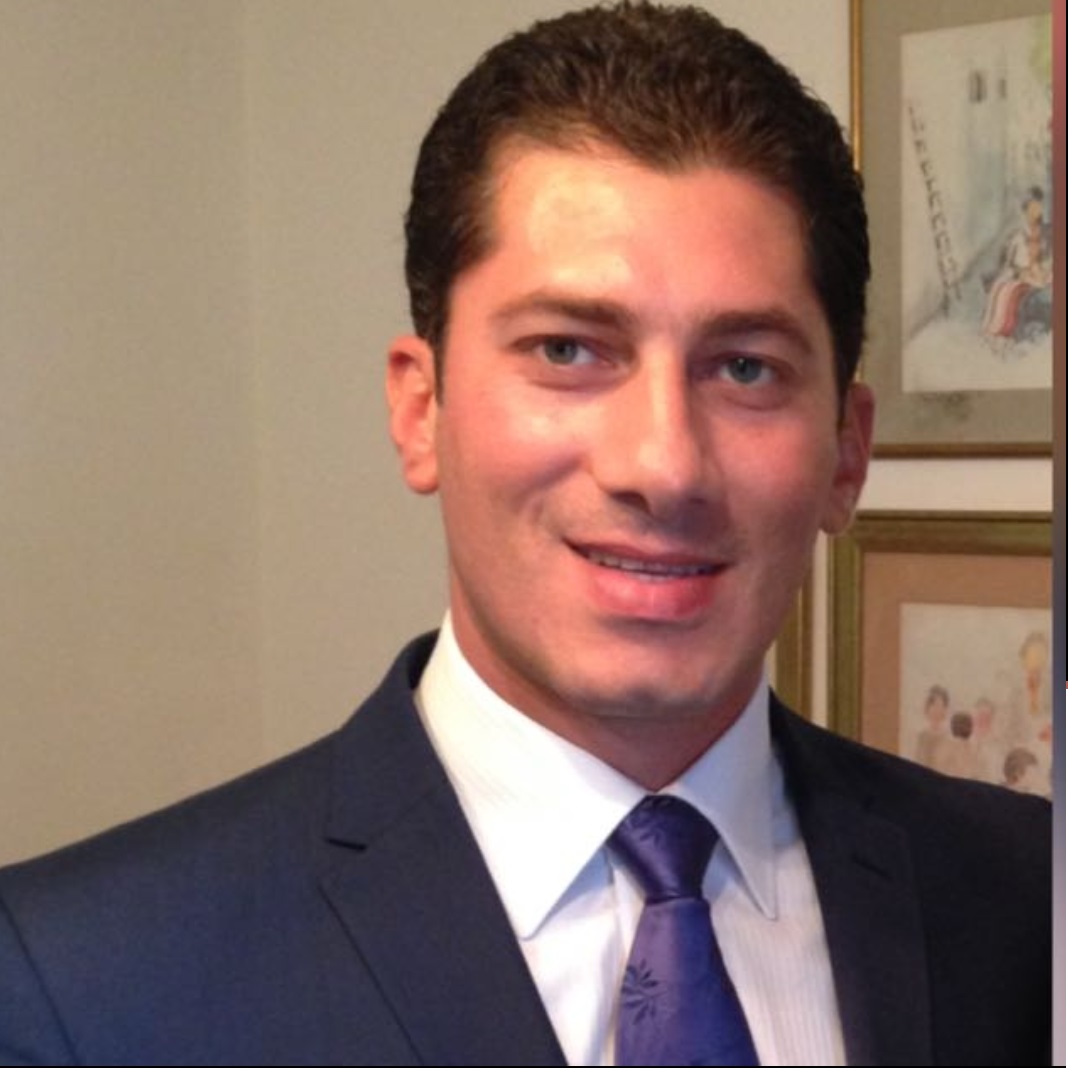RIYADH: Saudi Arabia’s inflation eased to 1.6 percent in March, down from 1.8 percent the previous month, driven by changes in the food and beverage sector.
The latest report from the General Authority for Statistics indicates that the Kingdom’s Consumer Price Index experienced a marginal decrease of 0.1 percent in March compared to February.
The monthly inflation index was impacted by a 0.7 percent decrease in the food and beverage sector, primarily due to a 0.6 percent decline in meat and poultry prices.
Additionally, prices in transportation, furnishing, and home equipment sectors experienced declines of 0.7 percent each. Similarly, recreation and culture, communications, and tobacco also saw decreases, with falls of 0.9 percent, 0.3 percent, and 0.1 percent, respectively.
Conversely, prices rose in the housing, water, electricity, gas, and other fuel category by 0.7 percent, as well as in the personal goods and services category by 0.3 percent, and the clothing and footwear category by 0.1 percent.
On the other hand, prices for services such as education, restaurants and hotels, and health remained largely unchanged in March.
Annual inflation rises
However, on a yearly basis, the Kingdom’s CPI increased by 1.6 percent during March 2024 compared to the same period last year.
This rise is primarily attributed to an 8.8 percent increase in the prices of housing, water, and electricity, as well as gas and other fuels, alongside a 0.9 percent rise in food and beverage prices.
In contrast, prices of transportation decreased by 1.8 percent, and charges of personal goods and services decreased by 1.1 percent.
According to GASTAT, rental prices were the main driver of inflation in March compared to the corresponding period in 2023.
“Actual housing rents increased by 10.5 percent in March 2024, influenced by the increase in villa rents by 9.7 percent. This increase had a significant impact on the annual inflation rate for March 2024 due to the weight of this sector (21 percent),” stated the GASTAT report.
Prices in restaurants and hotels also rose by 2.4 percent due to a 2.2 percent increase in food service prices.
Similarly, the recreation and culture sector recorded a 0.7 percent increase, influenced by a 5.1 percent rise in holiday and tourism prices.
Furthermore, the education category saw a 1.2 percent increase, driven by a 4.3 percent increase in secondary education fees.
However, prices in the furnishing and home equipment sector decreased by 3.2 percent, driven by a 5.3 percent decline in furniture, carpet, and flooring prices.
Also, prices in clothing and footwear decreased by 4 percent, due to a 6.6 percent decline in ready-made clothing prices.
Healthcare expenses and tobacco prices decreased by 0.9 percent and 1.1 percent, respectively, compared to March 2023.
Wholesale Price Index
In another report, GASTAT noted that Saudi Arabia’s wholesale price index rose by 3.8 percent in March compared to the same month in 2023.
According to the authority, this rise in WPI was driven by a 25.2 percent increase in the prices of basic chemicals and a 12 percent jump in the prices of refined petroleum products.
In the third month of the year, prices of raw materials and metals decreased by 2.2 percent, and prices of metal products, machinery, and equipment decreased by 0.6 percent.
The category encompassing food, beverages, tobacco, and textiles saw a 2.4 percent rise, driven by a 10 percent increase in leather, leather products, and footwear prices, along with a 4.9 percent uptrend in grain mill products, starches, and other food items.
In contrast, agricultural and fishing products experienced a marginal 0.2 percent upturn, propelled by a 2.1 percent climb in live animals and animal products.
Conversely, raw materials and metals witnessed a 2.2 percent decline, primarily due to a corresponding decrease in stones and sand prices.
Moreover, metal products, machinery, and equipment recorded a 0.6 percent drop, attributed to a 6.5 percent decrease in radio, television, and communication equipment prices, as well as a 2.8 percent reduction in office equipment, accounting, and computer prices.
Average prices up
In a separate analysis, GASTAT noted that in March, local melons and pumpkins saw the most significant upticks compared to the prior month, with increases of 10.8 percent and 9.4 percent, respectively.
Additionally, Harri sheep and Naemi sheep also experienced notable increases, rising by 8.5 percent and 7.1 percent, respectively.
Conversely, the goods and services showing the most substantial percentage drops in March, compared to February, were local and imported onions, experiencing decreases of 17.9 percent and 13.2 percent, respectively.
Additionally, medium local potatoes and Turkish plums also saw notable declines, with decreases of 6.9 percent and 6.4 percent, respectively.
Real estate price surges
GASTAT noted that in the initial quarter of 2024, the Real Estate Price Index rose by 0.6 percent compared to its counterpart in 2023.
It attributed the surge to a 1.2 percent uptick in residential land costs.
Conversely, prices experienced a decline in commercial real estate by 0.5 percent and agricultural land sales by 0.1 percent.
The residential real estate division saw a notable 1.2 percent increase, primarily driven by a rise in housing prices of the same magnitude.
This sector’s weight in the overall index contributed significantly to the index’s uptick, according to the authority.
Among different residential properties, apartments experienced an increase of 0.8 percent, while buildings decreased by 0.2 percent, villas by 2.3 percent, and houses by 1.6 percent in the first quarter of 2024 compared to the same period last year.
Conversely, prices in the commercial real estate sector declined by 0.5 percent, influenced by decreases of 0.5 percent in commercial land prices and 1.1 percent in prices of commercial exhibitions.
However, the cost of commercial buildings and centers remained stable in the first quarter of 2024, showing no significant changes.
In contrast, the agricultural sector experienced a marginal decline of 0.1 percent, primarily due to a 0.1 percent decrease in agricultural land prices.
In the first three months of 2024, the General Real Estate Price Index rose by 0.3 percent compared to the previous quarter, driven by a 0.4 percent increase in residential sector prices, particularly in land.
Apartment prices increased by 0.7 percent, while residential buildings, villas, and houses saw slight declines.
Commercial sector prices remained stable, with no significant changes, while agricultural sector prices also stabilized.































